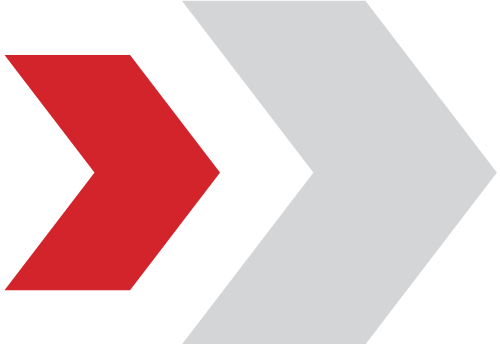Mechanical Lifting
– US253582 –
Who should attend:
Any rigger in the telecommunications industry lifting loads of up to 500kg, such as dishes, clustered antennas or tower members.
Any rigger in the telecommunications industry lifting loads of up to 500kg, such as dishes, clustered antennas or tower members.
Entry Requirements:
- Original certified copy of identification document/passport (driver’s licenses are not accepted).
- Be in possession of a valid medical certificate.
- Copy of a valid Fall Arrest and Basic Rescue US229998 & US229995 or Rope Access Level 1 US220008 & US230000 certificate.
- Copy of a valid Rope Rigging US14706 certificate.
- Safety shoes.
- Learners must have basic numeric literacy and be able to understand, read and write English (special needs candidates can be accommodated on request).
Price per Person:
R 3 593. 00 (incl. VAT)
COURSE DURATION:
Days: 2

Candidates Allowed per Group:
Minimum: 8
Maximum: 12
*Please communicate preferred group sizes to the relevant bookings personnel as some clients may require smaller groups. Please be aware that smaller group sizes may affect your course price.
Course Specifics:
US253582 – Lift and move a load using manual lifting equipment and tackle.
NQF Level 2
Credits: 8
Certificate is valid for 3 years.
Designation: Mechanical Lifting Technician.
COURSE CONTENT:
Theoretical Knowledge:
- Introduction to Mechanical Lifting.
- Mechanical Lifting definitions.
- Standards regarding Mechanical Lifting.
- Have an understanding about on-site risk assessments.
- Writing and implementing a lifting plan.
- Appropriate equipment care and pre-use inspections methods.
- Calculation of forces imposed on anchors.
- Identification and use of Mechanical Lifting equipment.
- Limitations of Mechanical Lifting equipment used for rigging.
- Understanding the advantages of a “buddy system”.
- Managing sharp edges.
- Managing free board.
- Understanding the effects of mechanical advantage systems.
- Slinging & rigging principles.
- Communication skills during a lifting operation.
Practical Skills:
- Assembling various lifting systems.
- Sling various objects for lifting.
- Selecting safe anchoring points.
- Use of mechanical advantage systems:
4.1 Using a steel wire rope pulling machine.
4.2 Using a capstan hoist.
4.3 Using lever hoists.
4.4 Using chain hoists. - Managing minimum free board.
- Lowering a variety of loads.
- Lifting a variety of loads.
- Managing guide ropes.
- Installing and using a gin pole.
- Implementing the “buddy system”.
- Implementing the “risk assessment” under a supervisor instructions.
- Implementing the “lifting Plan”.
IMPORTANT NOTES:
- Mechanical Lifting Technicians will be assessed on all theoretical knowledge and practical tasks set out and will be able to perform various Mechanical Lifting tasks successfully.
- All training will be done in accordance to local and international best practices as well as local Act’s and Regulations.
- All Mechanical lifting operations to be conducted by teams composed as per the requirements set out in the relevant standards.
- Gravity Training cannot be held responsible for any unsafe and unlawful acts or behavior as this is the duty of the technician to ensure his own safety and the safety of others on the work site.

